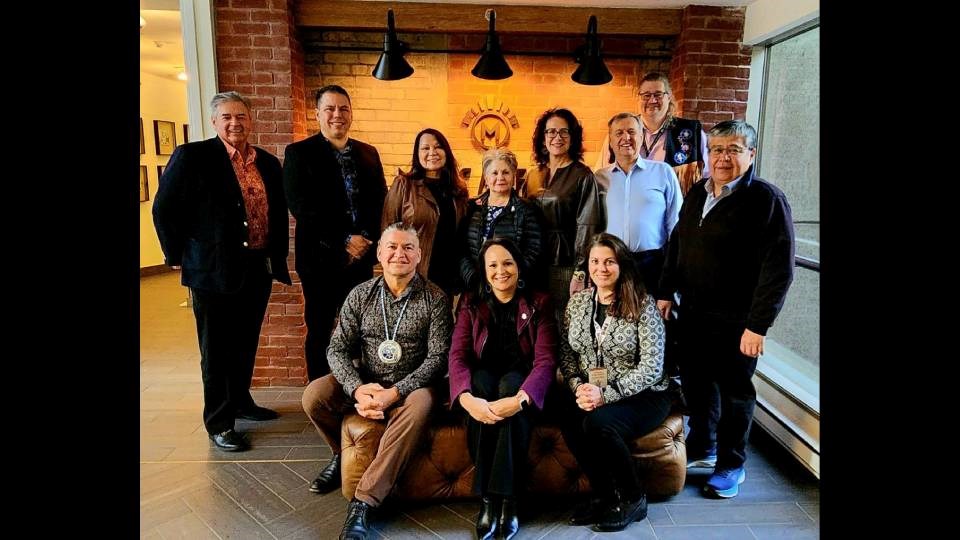The First Nations Procurement Organization (FNPO) wants to help Indigenous businesses from across Canada land more federal procurement contracts.
Each year, the federal government spends roughly $22 billion on goods and services, procured from business from across Canada.
But just one per cent of that currently goes to Indigenous businesses, and the FNPO wants to change that.
“This initiative embodies a beacon of hope, symbolizing the collective strength and determination of First Nations representatives united in their resolve to bridge the economic disparities that have long persisted,” Shannin Metatawabin, CEO of the National Aboriginal Capital Corporations Association (NACCA), said in a news release.
“The FNPO stands as a testament to Indigenous ingenuity and resilience, paving the way towards a future where economic parity and prosperity are realized by First Nations, fostering a landscape of opportunity across Canada.”
Endorsed by the Assembly of First Nations, FNPO is a joint collaboration of five national Indigenous economic organizations: AFOA Canada, the Council for the Advancement of Native Development Officers (CANDO), First Nations Finance Authority (FNFA), First Nations Financial Management Board (FMB), and the NACCA.
Launched in late February, the organization will act as a one-stop shop for Indigenous procurement activity.
“The FNPO will serve as a central hub, offering culturally appropriate wraparound services via a single point of contact for First Nation procurement needs,” the organization stated in the release.
“Its mission is clear: maximize the potential for First Nations’ businesses to successfully access and win procurement opportunities through certification, networking, education, and promotion.”
Among the services it will offer is a business directory of First Nation businesses and suppliers. Certified Indigenous businesses can register at no cost, while potential purchasers will pay a fee to access business databases.
FNPO will also create networking and relationship-building opportunities, offer educational services and training, and partake in advocacy activities to promote First Nation procurement.
The organization believes this activity will also help the government reach its stated goal of having a minimum of five per cent of its procurement contracts go to Indigenous businesses.
“Government procurement is designed to be risk-averse, which means that it’s hard for companies to win contracts unless they have historically worked with the government,” said Jean Vincent, chair of the NACCA board of directors, in the release.
“We know this excludes many First Nations businesses and we know it makes meeting the five per cent procurement target challenging.
“However, through this organization, and by working together collaboratively for the good of the First Nations economy, we know we will create huge impacts that benefit everyone.”




